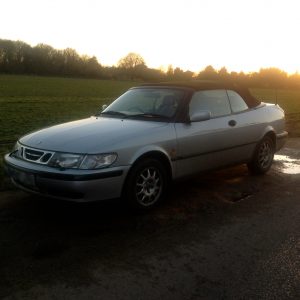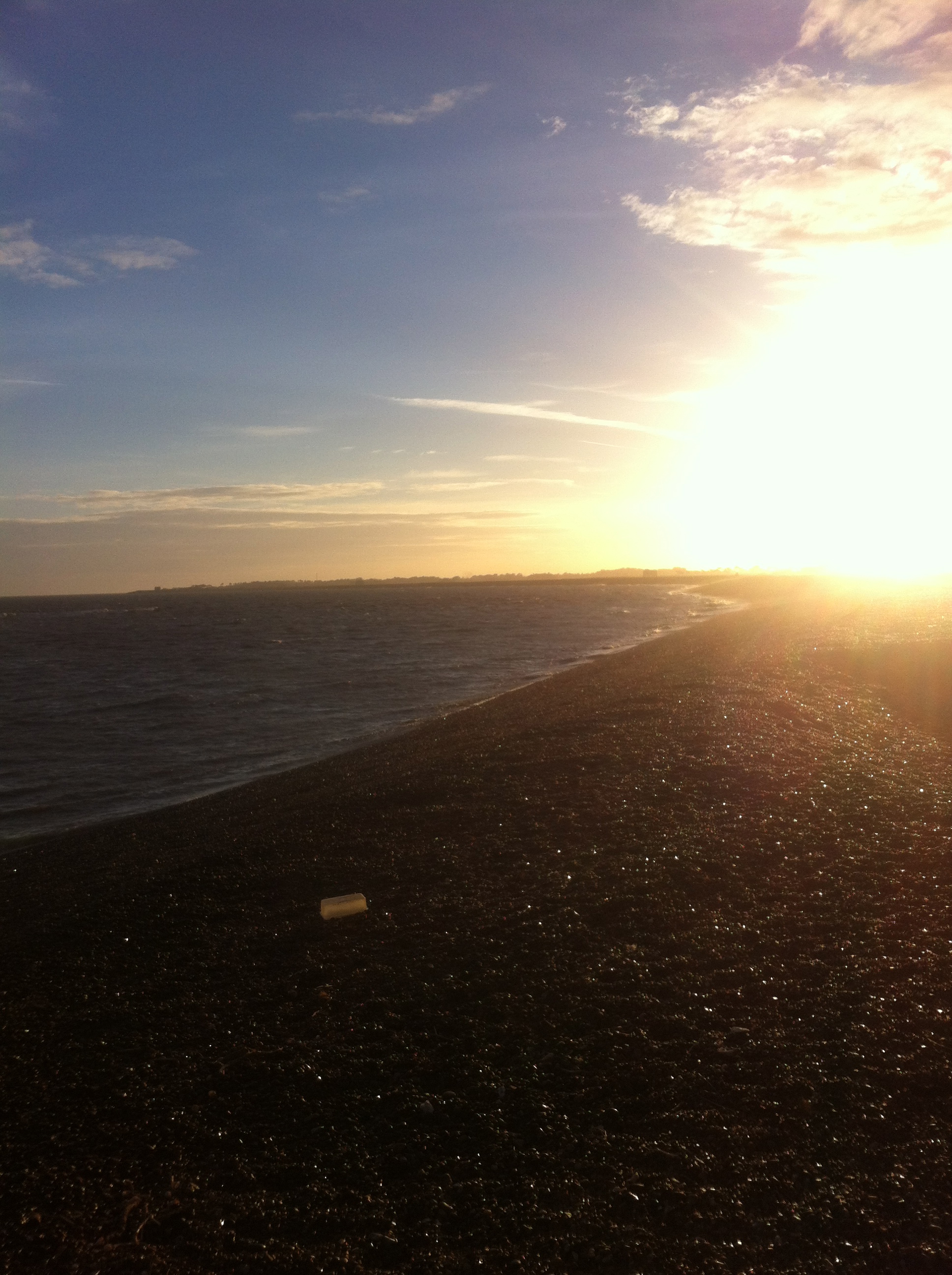When I was a kid we periodically had no money. Oh, how times change! One of the things then that made life more inconvenient was cars. Specifically, the way they’d fall apart.
Rust was the big killer. It killed a Morris Minor we had, that a scrap man took away and put £1 through the letter box. We thought we might have to pay him. My 14 year-old infatuation with a beautiful Fiat was sensibly sidelined, as Fiats lasted about 20 minutes back then. My first VW Beetle had a hole through the door. A friend’s Peugeot had a hole in the floor you could put your feet through, although it wasn’t recommended. Household monthly budgets would have a similar sized hole driven straight through them when MoT time came and the word ‘sills’ conveyed an almost supernatural dread.

It was MoT time for my lovely old Saab this week. Or in fact it wasn’t, not until 27th, but as the car’s somehow inexplicably alarmingly 18 years old this year I got the MoT done three weeks early just in case. It was just as well I did.
I replied to some email that came to me from I know not where. It promised that my MoT would be done for £20, not £35. That someone would come and pick my car up from my house and test it and bring it back.
That if anything needed doing they’d phone me before the test, in case I decided that at that age it just wasn’t worth doing. But at that age, at my age, I discovered that I don’t know anything about cars and their ages any more.
A friend’s BMW just died. Literally. It was about eight years old and I quite coveted it, but a month or so ago she switched on, drove down the lane and found that after two hundred yards there just wasn’t any engine. The cam chain had snapped, because someone clever had decided that they shouldn’t use cam chains but cam belts instead, that instead of lasting the life of the car, pretty much last just about 40,000 miles or four years, after which you’re on borrowed time. She got a couple of hundred from a garage which claimed it was doing her a favour. I don’t know if they said ‘luv,’ as well.
And it makes no sense. Cars used to have a life of about six years before they were in falling to bits zone. Rust killed them. Now that it doesn’t, engine life seems to match the useful span of an Austin Allegro. Except on cars as old as the Saab, which still have steel chains doing the business.
The internet garage as I think of them, had a surprise for me. Emissions, guv. Old, innit? Two litre turbo annat. Failed on emissions. Prolly yer catalytic converter. Could be yer fuel injectors but I reckon iss the injector. £650 guv. Plus the VAT acourse. Want us to get on and do it this afternoon?
Oddly, no, I didn’t. I didn’t really know what to do, not least as the garage told me that ‘the law’s changed’ and if a car fails its MoT now, it’s failed. My cunning plan to use the spare three weeks wouldn’t work. I was stuffed, stuck out in the middle of nowhere with a piece of scrap metal. Except it was all a lie.
After I’d calmed down and decided not to lie in the A12 on a dark night I checked online to see a way around the ‘grey area;’ I was told now surrounded the MoT. And it’s what garages used to call total bollocks. The idea that you can’t drive a faield MoT car is true enough, but the old MoT is valid until it would have expired by date, not duie to whatever else has happened. It’s on the government’s own website, clear as day.
As for the catalytic converter. £130 on Ebay, £120 to fit it and we’re back in business. Almost. The Saab failed the re-test back at my proper garage in the next village, after they’d bolted on the new catalytic converter and surprised themselves and me with a reading that implies the government ought to be paying me for cleaning the air each time I start the engine.
There was a hole in the rear wheel arch, inside. Now, I know it’s muddy and around here there’s pretty much no point cleaning your car until March, what with silage, mud, ice, suicidal pheasant and this week kamikase hares littered around the lanes. But it’s a pretty major part of the MoT test. Sills, guv. Another day, £150 cash, with no funny forms and percentages to do and the lovely walnut dashboard reflects my less-worried face again.
Next the brakes. And Ebay again, sourcing £50 discs for a ludicrous £8.33 each, proper Unipart ones, for reasons unclear to me and which astonishes the garage. But that’s the thing about living in an old-fashioned place. You can talk to people and they’re quite happy to share the work you can do with the work they can do. I’ve got a knack for finding things (not like that, officer). They’re just nice and they do that rare thing now: what they say they’re going to do, when they say they’re going to do it.
So cue up the Springsteen car songs, push the button to roll the hood down (yes of course I’ve had the hood down this year. Last weekend in fact, at the request of a friend’s young son and his mate, back from football. Yes obviously we froze. It’s January) and try not to imagine another friend’s description of an encounter she had in the back of one of these.
Try not to imagine because she’s tall and there’s no room in the back. And because it wasn’t my car. And most of all because it makes me inexplicably jealous. But that’s another story altogether and besides, the wench is nowhere near dead.




